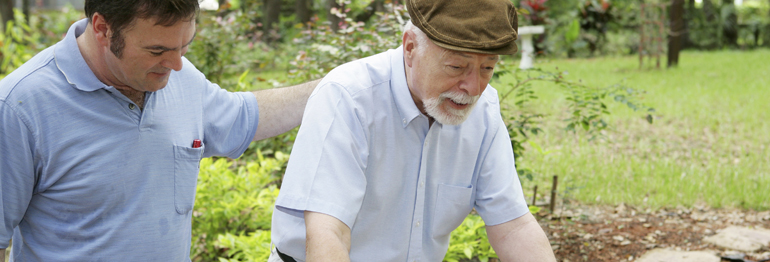When a parent dies, there may be conflict and competition among the children for their inheritance. This is particularly so where the parent has favored one child over the others with greater gifts or estate distributions. Such uneven distributions can be challenged on the basis of “undue influence” – that is, showing that the favored child had used a close relationship with the parent to override the parent’s volition to that child’s benefit. A Mississippi court recently decided such a dispute.
Facts: Paula Hicks and her brother, Mark Steve Bowling (Steve), are the only two children of Herman Bowling. Herman made a will disinheriting Paula and leaving everything to Steve. When Herman died, Steve immediately probated the will. Paula filed a complaint to contest the will. She also requested certain inter vivos (made while living) transfers from Herman to Steve, his wife, andtheir LLC be set aside. After a hearing, the Chancery Court judge dismissed Paula’s complaint, and she appealed.
Analysis: Paula argued that Steve and Herman’s confidential relationship raised a presumption of undue influence. (A confidential relationship is one where one party relies on the other for help, assistance or care needs based on the close relationship between them.) However, the Supreme Court has said that the mere existence of a confidential relationship isnot in itself sufficient to raise a presumption of undue influence. As to the Will distributions, Herman’s attorneytestified that Herman had initiated the appointment to make a will and had dictated all itsterms, all without any influence from Steve. The attorney questioned Herman to make surehe knew what he was doing by disinheriting one of his children. The attorney did not contactSteve about the will or its contents. Thus, the Chancery Court was correct in finding Steve was not involved in any part of the process.
The chancellor also found Stevedid not abuse his relationship with his father. And at trial, Paula testified that, to herknowledge, Steve had never taken advantage of their father—financially or otherwise. Thus,there is no error in the chancellor’s finding that the presumption of undue influencedid not arise and dismissing the will contest. As the will left Herman’s entire estate to Steve,Paula’s request that Steve return certain property to the estate became moot when the chancellor dismissed the will contest.
As to the inter vivos gifts, Paula did have sufficient evidence to raisethe presumption of undue influence on the inter vivos transfers. Her evidence that Steve andHerman were in a confidential relationship was enough to shift the burden to Steve to proveby clear and convincing evidence that he had acted in good faith, his father had fullknowledge and deliberation of his actions and their consequences, and Herman’sindependent consent and action. Since Steve met his burden through Herman’s testimony,the chancellor was correct in also dismissing this claim.
(Hicks v. Bowling, NO. 2013-CA-01174-COA, http://courts.ms.gov/Images/Opinions/CO96313.pdf)
If you would like your estate plan to carry out your wishes and withstand challenges, contact us today. We can use legal strategies to protect your plan!
Court Holds Disinheritance of Child Not Due to Undue Influence
